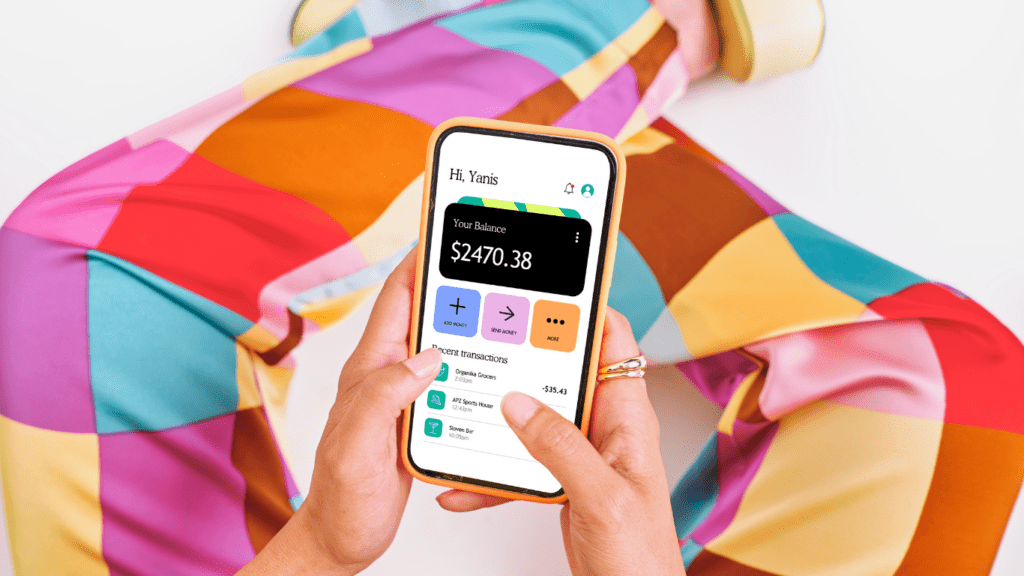As a gamer, I’ve often lost track of time while immersed in my favorite worlds. It’s easy to get swept up in the thrill of leveling up or completing quests. But what happens when that excitement turns into overplaying? That’s where in-game notifications come into play.
These reality checks can be game-changers, helping us maintain a healthy balance between gaming and real life. In this article, I’ll explore how timely reminders can keep us aware of our gaming habits. By integrating these notifications, developers can foster a more mindful gaming experience.
Let’s dive into how these simple yet effective tools can help us enjoy our favorite games without losing sight of the world outside the screen.
Understanding Reality Checks
Reality checks involve prompts or notifications that remind players of time spent gaming. These reminders can significantly impact how I maintain balance in my gaming activities.
Definition of Reality Checks
Reality checks serve as notifications within games that alert players about their gaming duration. These alerts can specify playtime achievements or highlight time limits. For instance, a game might notify me after three hours of gameplay or provide a warning when I’ve surpassed a set limit.
This structured feedback helps in gauging gaming habits effectively.
Importance in Gaming
Understanding the importance of reality checks enhances the gaming experience. Reality checks promote moderation by encouraging breaks, which can improve focus and enjoyment. They help players recognize potential time investment, reducing the risk of burnout or negative emotional states.
Additionally, reality checks foster self-awareness, enabling me to track and analyze my gaming patterns for healthier habits.
The Role of In-Game Notifications
In-game notifications serve as crucial tools for promoting healthy gaming habits. They keep players informed about their gaming duration and encourage mindfulness while engaging in their favorite activities.
Types of Notifications
- Playtime Alerts: These notifications remind me of the time spent in-game, providing real-time updates on my gaming session length.
- Break Reminders: Break reminders prompt me to take necessary pauses, allowing for physical or mental recharges during extended play.
- Daily Limits: Daily limit notifications alert me when I’ve reached a preset playtime, helping me maintain a balance between gaming and other activities.
- Achievement Highlights: Achievement reminders celebrate milestones while indicating the time spent achieving them, reinforcing positive gaming experiences.
- Health Tips: Health tips notifications provide advice on managing screen time and promoting physical well-being during gaming sessions.
Effectiveness of Notifications
- Increased Awareness: Notifications enhance my awareness of gaming duration, promoting better time management and reducing instances of overplaying.
- Encouraged Moderation: With regular prompts, I find it easier to moderate my gaming time, leading to a healthier lifestyle and improved well-being.
- Enhanced Focus: Break reminders help me maintain focus during sessions, resulting in more enjoyable and productive gaming experiences.
- Behavior Tracking: These notifications assist me in tracking my gaming habits, analyzing patterns, and identifying areas for improvement.
- Emotional Regulation: Notifications play a role in managing emotions related to gaming, helping to prevent burnout and fostering a more sustainable gaming approach.
Preventing Overplaying
In-game notifications play a vital role in preventing overplaying by providing timely reminders that help maintain a balanced gaming experience. These alerts enhance my awareness of gaming habits, ensuring I stay connected to the world outside the screen.
Psychological Insights
Notifications can tap into psychological principles like reinforcement and awareness. Reinforcement encourages players to change their behaviors in response to feedback. Awareness prompts reflect on time spent gaming, fostering mindfulness.
Research shows that self-awareness linked to a gaming experience significantly reduces the prevalence of overplaying and increases enjoyment. With frequent reminders, I can cultivate healthier gaming habits and avoid the pitfalls of excessive play.
Strategies for Healthy Gaming
Implementing specific strategies enhances the effectiveness of in-game notifications. Consider the following:
- Set Personal Limits: Establish daily or weekly gaming limits based on personal goals.
- Use Timers: Utilize built-in timers or external applications to manage play sessions.
- Schedule Breaks: Plan breaks during gaming sessions to recharge energy and focus.
- Track Progress: Regularly review personal gaming statistics to identify trends and adjust habits.
- Engage Socially: Share gaming experiences with friends or family to create accountability.
These strategies, reinforced by in-game notifications, promote moderation and healthier gaming behaviors.
Case Studies
In assessing the impact of in-game notifications, several case studies illustrate their effectiveness in promoting healthier gaming habits. These examples highlight successful implementations of reality checks and the resulting behavioral changes.
Lessons Learned
- Notification Timing Matters: Effective notifications delivered at optimal times enhance engagement. Prompting players during natural breaks or milestone moments ensures higher awareness and responsiveness.
- Customization Boosts Effectiveness: Allowing players to tailor notifications according to their preferences enhances their effectiveness. Personalized alerts result in greater acceptance and adherence to gaming schedules.
- Balancing Feedback: Providing a mix of positive reinforcement and moderation reminders leads to better outcomes. Users appreciate recognition for accomplishments alongside friendly reminders to take breaks.
- Community Support is Key: Integrating community features encourages players to share their experiences with gaming limits and moderated play. This sense of accountability fosters healthier habits and reinforces positive gaming behavior.





